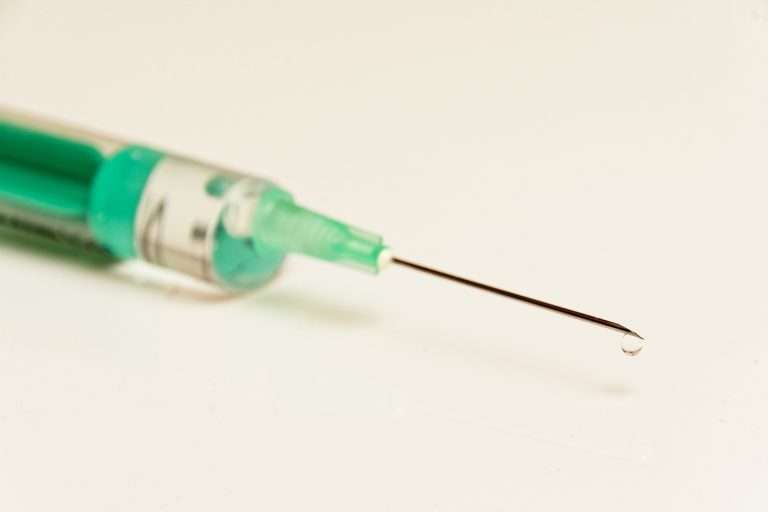Penicillin: A Revolutionary Discovery in Medicine
Introduction: Penicillin stands as a beacon of progress in the realm of medicine, symbolizing humanity’s triumph over microbial adversaries. Alexander Fleming’s chance discovery of penicillin’s inhibitory effects on bacterial growth revolutionized the treatment of infectious diseases, ushering in a new era of antibiotic therapy. This introduction sets the stage for a comprehensive exploration of penicillin’s historical journey and its enduring legacy in healthcare.

Predecessors to Penicillin: Before the advent of penicillin, medical practitioners relied on crude methods to combat bacterial infections, including antiseptics, disinfectants, and surgical interventions. However, these approaches often proved inadequate, with infectious diseases exacting a heavy toll on human health. The search for effective antimicrobial agents predates penicillin’s discovery, laying the groundwork for subsequent breakthroughs in antibiotic research.
Alexander Fleming’s Discovery: In September 1928, while conducting experiments at St. Mary’s Hospital in London, Alexander Fleming serendipitously stumbled upon a mold that exhibited antibacterial properties. This chance observation, later identified as Penicillium notatum, led Fleming to recognize the mold’s potential as a therapeutic agent against bacterial infections. Fleming’s discovery of penicillin’s antibiotic properties marked a watershed moment in medical history, laying the foundation for subsequent developments in antibiotic research and drug discovery.
Development of Penicillin: The development of penicillin from laboratory curiosity to life-saving medication was a collaborative endeavor involving scientists from diverse disciplines. Howard Florey, Ernst Boris Chain, and their team at the University of Oxford played a pivotal role in isolating and purifying penicillin, overcoming numerous technical challenges along the way. Their efforts culminated in the successful production of penicillin in sufficient quantities for clinical use, paving the way for its widespread application in treating bacterial infections.
Penicillin’s Impact on Medicine: The introduction of penicillin revolutionized the practice of medicine, transforming the treatment of bacterial infections and saving countless lives. Its remarkable efficacy, broad spectrum of activity, and relatively low toxicity represented a paradigm shift in healthcare delivery. Penicillin’s ability to combat previously untreatable infections, such as pneumonia, sepsis, and syphilis, heralded a new era of medical optimism and paved the way for the development of other antibiotics.
Challenges and Limitations: Despite its monumental achievements, the widespread use of penicillin has led to the emergence of antibiotic-resistant bacteria, posing a significant threat to public health. Overuse, misuse, and inadequate stewardship of antibiotics have contributed to the proliferation of resistant strains, undermining the effectiveness of penicillin and other antimicrobial agents. Addressing antibiotic resistance requires concerted efforts from healthcare providers, policymakers, and the pharmaceutical industry to preserve the efficacy of existing antibiotics and develop novel therapeutic strategies.
Socio-Economic Impacts: The availability of penicillin has had profound socio-economic implications, reshaping demographic trends, healthcare infrastructure, and global economic development. By reducing the burden of infectious diseases, penicillin has contributed to population growth, improved life expectancy, and enhanced productivity worldwide. However, disparities in access to antibiotics persist, particularly in low- and middle-income countries, highlighting the importance of equitable distribution and affordable access to essential medicines.
Future Directions and Innovations: As the threat of antibiotic resistance looms large, ongoing research efforts are focused on developing new antibiotics, alternative treatment modalities, and innovative strategies to combat drug-resistant pathogens. From the discovery of novel antimicrobial compounds to the implementation of precision medicine approaches, researchers are exploring diverse avenues to address the challenges posed by antibiotic resistance and safeguard the efficacy of penicillin and other essential antibiotics for future generations.
Conclusion: In conclusion, the discovery of penicillin represents a landmark achievement in the history of medicine, offering hope and healing to millions afflicted by bacterial infections. From its fortuitous discovery by Alexander Fleming to its widespread adoption as a life-saving medication, penicillin’s journey exemplifies the power of scientific inquiry and collaboration in advancing human health. As we confront the challenges of antibiotic resistance and infectious disease control, the lessons learned from penicillin’s discovery continue to guide us towards a future of improved healthcare outcomes and global well-being.

